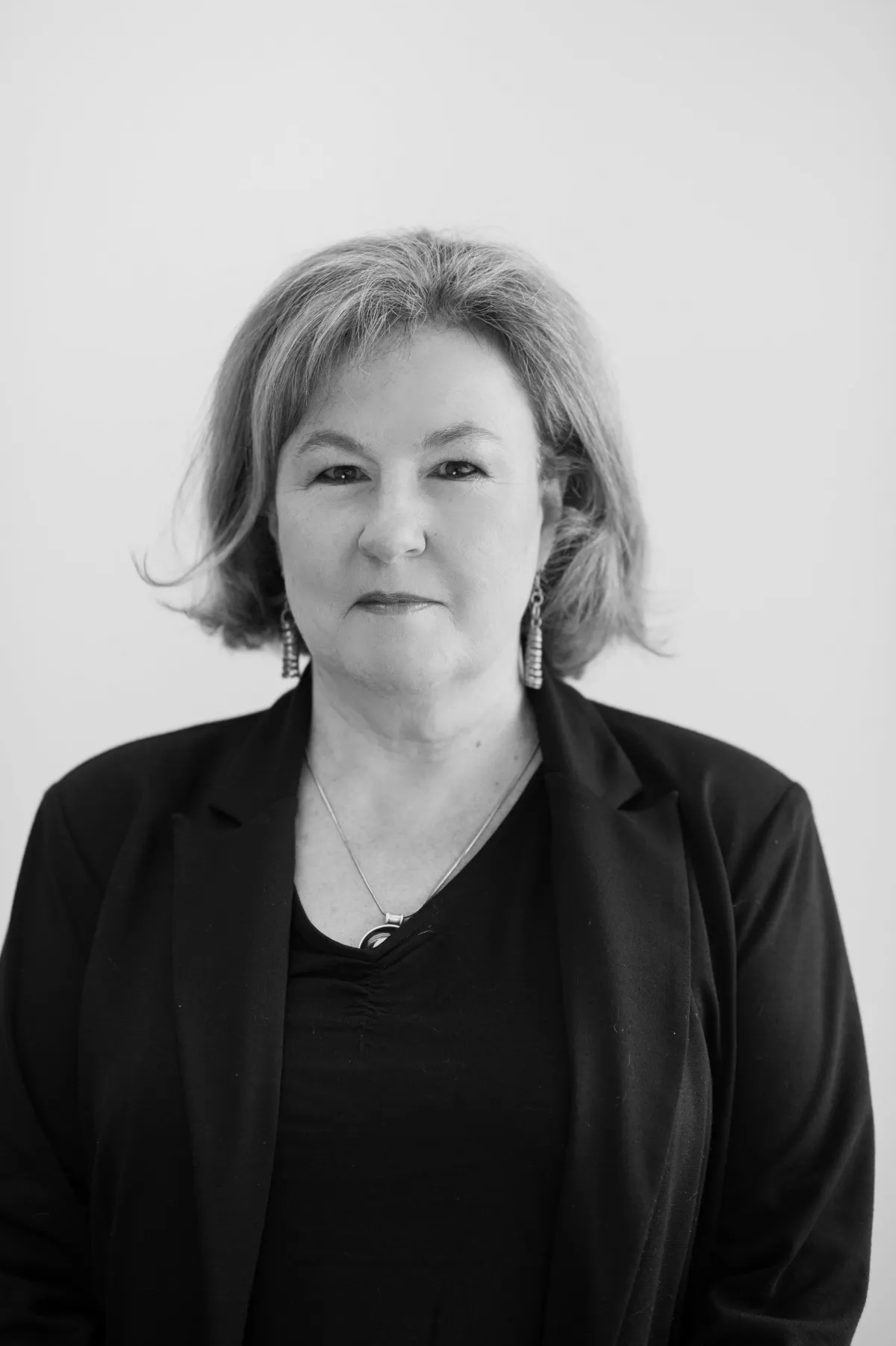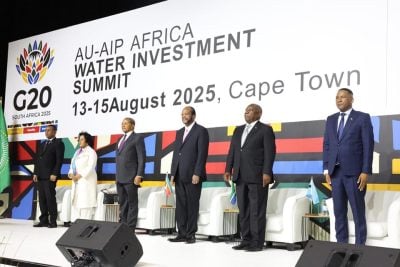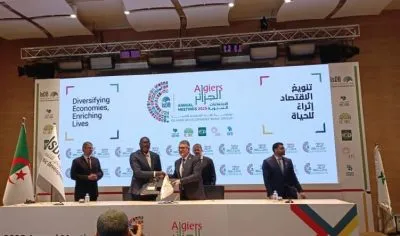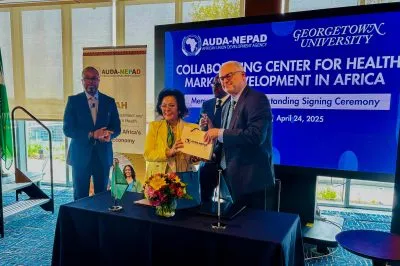Africa’s food producing opportunity is a trillion-dollar business – but realising this wealth will require specific interventions, African Development Bank (AfDB) president Akinwumi Adesina told the Africa Investment Forum (AIF) Market Days 2023 in Marrakech, Morocco, on 8 November.
Launching the private sector-focused Alliance for Special Agro-Industrial Processing Zone (SAPZ) project at the event, Adesina said Africa has a comparative advantage in agriculture – and yet the continent is held hostage to food security crises due to low production at home and disruptions globally. “We need to think about and invest differently in agriculture. Despite many successes in food production, 283m Africans still go hungry every year. It is time for us to think big.”
Ending the export of raw agricultural commodities is the fastest way to end poverty, he said. “That is where wealth lies. We need support to raise production and scale efficiencies.” Currently, Africa processes about 10 percent of its production. “This is why economic processing zones are so important. They provide critical infrastructure to support development and enable the establishment of food processing companies.”
The zones are designed to achieve both structural transformation and rural development through agro industrialisation. The Bank has already invested $853m to develop more than 20 SAPZs and mobilised more than $661m from Bank partners such as the Islamic Bank, IFAD, the Arab Bank and the European Investment Bank.
It is also a founding member of the new private sector-focused SAPZ alliance, which aims to build agro-industrial corridors by crowding in investment and manufacturing.
A total of $3bn was pledged to the initiative at the AIF Market Days event by the founders of the SAPZ initiative, which also include Afreximbank, the Islamic Development Bank Group (IsDB) and Arise Integrated Industrial Platforms (Arise IIP).
Adesina says the arrangement will bring together a range of diverse players from across the public and private sectors. “The AfDB can be an honest broker to bring them together. We can help with environmental safeguards, sustainability, transparency, accountability and compliance and accelerate investment in the zones.”
Gunther Beger is Managing Director of the Directorate for Sustainable Development Goals, Innovation and Economic Transformation at the United Nations Industrial Development Organization (UNIDO).
He said: “The Alliance presents a completely new approach to transform Africa’s agro-food system. This is a much-needed partnership of financial institutions and public and private sector players.”
Afreximbank President Benedict Oramah said the public-private model for EPZs is optimal.
The public sector provides the land and can play a role in derisking the initial development in partnership with other stakeholders such as Afreximbank, before the private sector takes over. He said that African quality-assurance centres were being established in many EPZs with capability to test goods in the zones. This enables investors to avoid having to send goods out of the country or even to other parts of the continent to undertake quality and export certification tests.
Concerns about the destabilising impact of politics was raised at the forum, particularly with changes of government. Oramah noted that the private sector could be deterred from investing in long-term projects such as in EPZs if these can be interfered with or goal posts changed by new administrations. “Projects of this nature are very visible.”
He suggested one solution could be the establishment of continental regulatory bodies that countries can respect as being independent to give comfort to investors.
Lessons from Morocco
Morocco shared some insights from the experience of its seven special agri-processing zones, which had operated for nearly a decade. The Minister of Industry and Trade, Ryad Mezzour, pointed to four success factors that went beyond the more traditional considerations of land and finance. One was reducing bureaucracy and corruption by setting up special agencies to deal with investors directly.
A second was getting a key anchor investor to draw in other companies and to ensure that investors had proper access to raw materials, which can be challenging given that most production is pre-sold through long-term supply contracts.
A third success factor is giving investors access to basic infrastructure and services, including roads, power and water. A fourth is creating relevant vocational training so companies have ready access to skills.
The statistics show Morocco’s success, he said. When the country first began looking at the EPZ model 18 years ago, it was exporting $8bn of transformed goods – those processed in the country. Now that value is $37bn, with more than 87% of the value of exports being transformed overall. In the agricultural sector about 50% of products being exported are now transformed.
Strengthening food sovereignty
“Financing alone has never been enough to develop agriculture,” Hani Sonbol, CEO of the International Islamic Trade Finance Corporation, told the Forum. “Strengthening food sovereignty in Africa requires us to think differently in terms of investment. We need to look for self-sufficiency, climate change and adaptation, and how to attract private sector involvement”, he said.
Gagan Gupta is CEO of industrialisation promotion body ARISE IIP. He suggested that development finance institutions needed to change their mindset regarding investment in agriculture. “By the time they come to the party, the party is over.”
He also raised the importance of vocational training and the financing of this, and said development finance institutions (DFIs) need to offer more long-term financing and drive more outcomes-based projects.
Gupta also criticised slow banking systems, saying that local banks in particular needed to be strengthened in the area of trade finance so that they play a more active role in the sector. He underlined the need for infrastructure around the special economic zones (SEZs) to incorporate communities into the projects. This would include housing, transportation, health and extension services. Bringing workers close to their place of employment would be a real value-added service, he added.
Beger also outlined some of the challenges of agro-industrial zones. These include skills and lack of trained staff to know the requirements of the private sector, political stability, market interruptions, currency restrictions and changing consumer requirements.
He highlighted the significant value loss to Africa of the current situation in agriculture. The fact that more than 80% of processed food in Africa is still being imported constitutes a loss of value addition to the continent of €50bn a year.
Want to continue reading? Subscribe today.
You've read all your free articles for this month! Subscribe now to enjoy full access to our content.
Digital Monthly
£8.00 / month
Receive full unlimited access to our articles, opinions, podcasts and more.
Digital Yearly
£70.00 / year
Our best value offer - save £26 and gain access to all of our digital content for an entire year!

 Sign in with Google
Sign in with Google 



